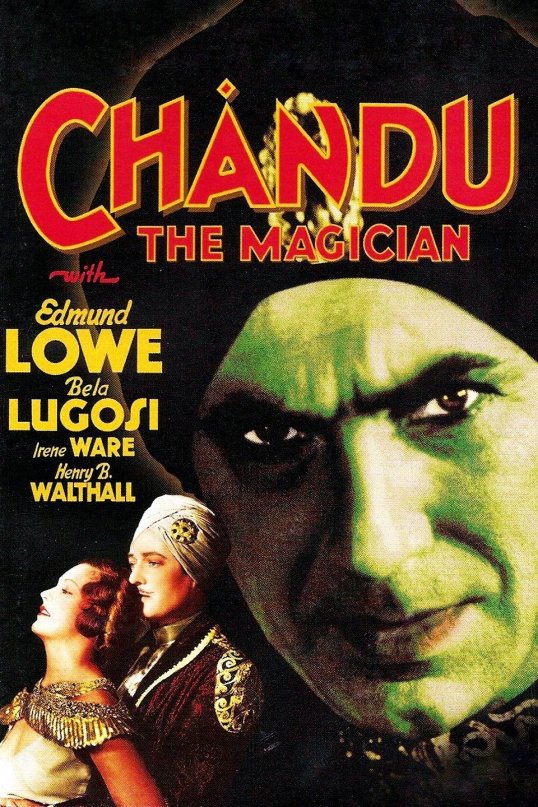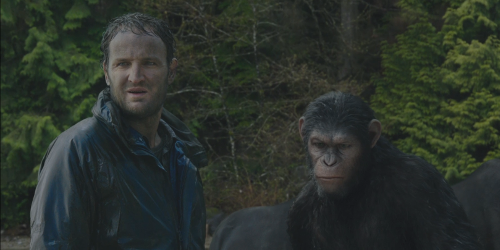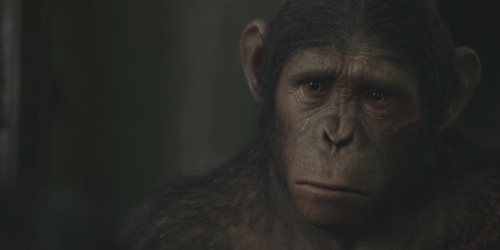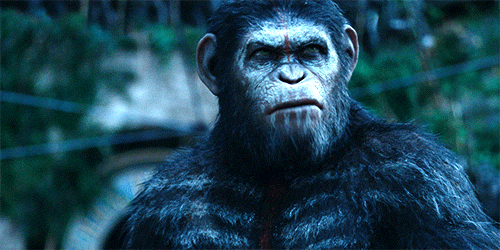Utopia ended on a Halloween.
Now, I’m not talking about utopia as a concept. I imagine that there are still people out there who think that the idea of creating a utopia is a a viable one. (I’m not one of those people but that’s mostly because I think living in a perfect world would be hella dull.) Instead, I’m talking about a reality television show that premiered in September of 2014 and which was canceled one month later.
Though it’s pretty much forgotten today, Utopia was a pretty big deal in the months leading up to its first episode. It’s estimated that Fox spent 50 million dollars to develop and promote the show. Not only would Utopia air twice a week but, much in the style of Big Brother, audiences would be able to watch the show’s participants interact live online. The commercials, which were inescapable that summer, explained that 12 people with radically different philosophies would be expected to come together and form a new society on a California farm. An atheist would live with a minister! A libertarian would have to work with a socialist! An attorney would have to find common ground with an ex-con! A huntress would eat at the same table as a vegetarian! The show was an experiment that would last an entire year and it would answer the question: Can different people come together to start a brave new world?
I have to admit that I was kind of excited for the show. Utopia started just as the 16th season of Big Brother came to an end. That season was one of the worst in the history of Big Brother, largely as the result of the show’s producers putting the insufferable Frankie Grande in the House and then trying to rig the show in his favor. After a terrible season of Big Brother, I was actually had hope that maybe Utopia would be everything that Big Brother had ceased being.
Of course, I was wrong. From the first episode of Utopia, it became obvious that we would never learn whether people could come together to start a brave new world because, for the most part, no one on the show was interested in doing that. There was a lot of drinking, of course. There was also an entire episode devoted to one of the Utopians, a pastor, worrying that he would lust in his heart for the female Utopians unless they started wearing more clothes. For two episodes, a redneck named Red announced that he wanted to start his own society in the woods but eventually he changed his mind. The Utopians lived on a farm but only doomsday prepper Bella seemed to have any farming experience and, as quickly became obvious in her case, having experience doesn’t necessarily mean that you know what you’re doing.
It was a weird show. I’m assuming that Fox thought that there would be instant conflict if they put a libertarian and a socialist together but, for the most part, no one on the show ever discussed their differing philosophies. In fact, it was hard to see that any of them had any philosophy as all. Hex was regularly described as being a “huntress,” despite the fact that we never saw her hunt. Rob was described as being a libertarian but we never actually saw him discuss what that meant and he acted like just as much of a petty authoritarian as the other members of the cast. The show tried to create the appearance of conflict but, like most Americans outside of Twitter, the cast dealt with their differences by not really discussing them. So, as a result, we ended up with entire episodes devoted to doomsday prepper Bella getting upset because veterinary assistant Bri wanted to have some say in how the farm animals were fed.
The one thing that kept all of this from being unbearable dull was that the show’s perpetually optimistic host, Dan Piraro, described every minor event in breathless detail. When one of the Utopians got too drunk and acted like an ass, he was put on a trial. The end result of the trial? Everyone asked him to please not get drunk and act like an ass again. “And so the Utopians have created a legal system!” Piraro exclaimed.
As the show progressed, the Utopians started to get bored. Some of them voluntarily left Utopia, largely because they just wanted to find something better to do with their time. After the show’s producers tried to turn attorney Mike Quinn into the star of the show and centered a few episodes around his relationship with “polyamorous Dedeker,” he abruptly left. (“And so Mike leaves Utopia….”) Whenever an old Utopian left, two prospective new ones would be brought in and would explain why they should be selected to live in Utopia but the new Utopians soon proved themselves to be just as boring as the old ones. The Utopians attempted to raise money for food by opening up their farm to the general public. Huntress Hex gave hunting lessons and revealed that she wasn’t really sure how to use a bow and arrow. One of the new arrivals attempted to create a website for the farm, just to have the site besieged by online trolls. Ratings crashed and the show soon went from airing twice a week to only airing on Fridays.
And yet, the worse the show got, the more fascinating it became. Utopia offered audiences the opportunity to watch a month-long train wreck as it unfolded. It was so bad that you couldn’t look away and each attempt by Fox to somehow spice up the show only made it more of a disaster. I would watch each episode just to see how much more pointless the show could become.
The final episode aired on Halloween and it featured the host wearing a cape and, if I remember correctly, plastic fangs at one point. By this point, Fox had changed the show’s concept. Now, the viewers would vote each week on who they wanted to banish from Utopia. (“But I’m an atheist!” Hex wailed, “America’s going to hate me!”) Or, at least, that’s what the show’s producers said was going to happen. Instead, Utopia was canceled before America ever got a chance to vote.
Interestingly, the only people shocked by Utopia‘s cancellation were the people living on the farm. Apparently, the day after Halloween started out normally for them and for whoever might have been watching them on the live feeds. Sometime in the afternoon, the feeds abruptly went down and never came back up. From what I’ve read, the Utopians were called into a meeting and told that they were going home immediately.
Utopia has never been tried again but I fondly remember watching it. The Utopians failed to create a brave new world but they kept me amused for 12 episodes.
Previous Guilty Pleasures
- Half-Baked
- Save The Last Dance
- Every Rose Has Its Thorns
- The Jeremy Kyle Show
- Invasion USA
- The Golden Child
- Final Destination 2
- Paparazzi
- The Principal
- The Substitute
- Terror In The Family
- Pandorum
- Lambada
- Fear
- Cocktail
- Keep Off The Grass
- Girls, Girls, Girls
- Class
- Tart
- King Kong vs. Godzilla
- Hawk the Slayer
- Battle Beyond the Stars
- Meridian
- Walk of Shame
- From Justin To Kelly
- Project Greenlight
- Sex Decoy: Love Stings
- Swimfan
- On the Line
- Wolfen
- Hail Caesar!
- It’s So Cold In The D
- In the Mix
- Healed By Grace
- Valley of the Dolls
- The Legend of Billie Jean
- Death Wish
- Shipping Wars
- Ghost Whisperer
- Parking Wars
- The Dead Are After Me
- Harper’s Island
- The Resurrection of Gavin Stone
- Paranormal State












